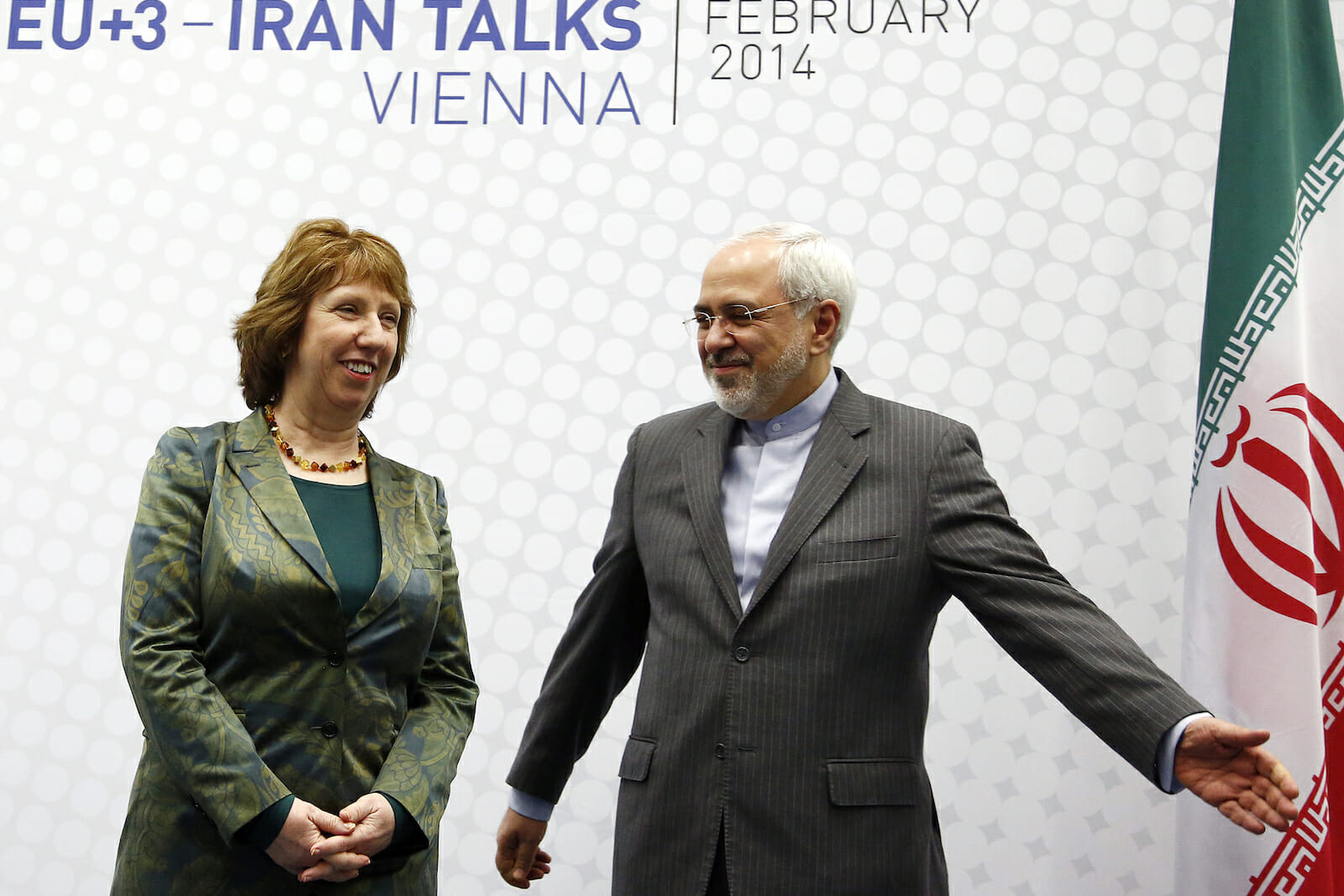
Bashing the European Union in the United States
Since the recession, bashing the European Union has become a sport for U.S. commentators and politicos. Just skim the most recent headlines, and one is led to believe that the old continent is on the brink of economic, political and social collapse. The truth is that very few commentators really seem to grasp the revolutionary character of the European Union—revolutionary because it successfully spreads the premises of the American Revolution, which Abraham Lincoln summarized in the Gettysburg address as “government of the people, for the people, and by the people.”
The European Union’s promotion of a free market economy and democracy is one of the most underreported success stories in the U.S. media. Enlargement of the European Union is perhaps the only time in history that sovereign nations have voluntarily submitted to conditions that usually only the vanquished, after a long, drawn out conflict, would accept—adaptation of alien legislation ranging from new penal codes to energy intensive light bulbs, the relinquishing of key economic competencies, such as trade and monetary policy, and a common currency and tariff reductions.
The well-known Copenhagen criteria, the rules that define whether a country is eligible to join the European Union set forth by the European Council in June 1993, are criteria the U.S. founding fathers would have delighted in: stability of institutions guaranteeing democracy, human rights and respect for and protection of minorities; rule of law; the capacity to cope with competitive pressure and market forces, i.e. the establishment of a free market economy; and a very strict adherence to the aims of political, economic and monetary union.
Certainly, there have been various setbacks. For example, French President Charles de Gaulle used France’s veto and rejected British membership to the European Economic Community (as it was called in 1971) fearing the influence of the United States. The French also opposed the membership of Greece, Spain and Portugal, countries that just emerged from dictatorships in the 1970s, because of the fear that they were not ready for democracy and the free market but eventually gave in, with the former acceding in 1981, the latter two in 1986. Today, Austria vehemently opposes Turkish membership. Romania and Bulgaria, countries that joined in 2007, still have a long way to go in protecting minorities and upholding the rule of law. However, the key thing to take away here is that U.S. commentators look at these incidences as static snapshots of failure rather than seeing them as the long-term processes they really are.
The Achilles heel of the EU is the Common Foreign and Security Policy. A widely shared European concept of security does not yet exist and probably will not exist for a long time. In November 2009, I attended the final session of the Foresec conference series, a joint project on Europe’s evolving security, its drivers, trends and scenarios involving various EU member states. The final conference report, hotly debated by the likes of Marti Ahtisaaari, 2008 Nobel Peace Laureate, was somewhat disheartening. For example developing a single concept of European security was not feasible during the project. This comes as no surprise given the diverse energy policies of individual member states, which still are driven by national level approaches.
No matter how quickly Europe adopts a common voice in foreign policy, the EU’s ability to shape the international environment will be reduced in the long term given the rise of new power centers in Asia and will remain largely focused on crisis management and reconstruction efforts. The EU states are acutely lacking both strategic security planning capabilities and strategic foresight technologies. This is slowly changing with the Dutch government leading the way on continental Europe.
There has been a substantial increase in defense/security-related research in the last couple of years, a trend that will continue in the years ahead, but the EU is lacking in military strength; it’s still the pygmy decried by the conservative right in the United States. In addition (alas for the proponents of the EU as a superpower), as the recent examples of China’s unilateral actions in the heat of the financial crisis and the People’s Republic ventures in Africa have shown, the emerging multi-polarity must not be confused with multilateralism. A decrease in multilateralism substantially will decrease the potential for EU influence because of the guiding principles of EU foreign and security policy, which are based on effective multilateralism and the idea of cooperation.
Having elaborated on the EU’s Achilles heel, however, unlike U.S. exercises in nation building in Iraq and Afghanistan which will stop eventually, the EU expansion and the spread of European ideas of market economy and European rule of law will continue unabated. Croatia, Iceland, Macedonia, Montenegro, and Turkey are all official candidates. Albania and Serbia have applied for EU membership. The flag of the European Union currently flies over islands in the Caribbean, the Indian Ocean and parts of South America. By 2015, three new islands of the dissolved Netherland Antilles, in all likelihood, will have joined the economic and political bloc. The current financial crisis, despite what some commentators think, will not affect this ongoing process.
As Margaret Thatcher states, “Europe was created by history. America was created by philosophy.” Therein lies the misunderstanding in the United States over the European Union. The EU is just at the outset of historical movement with an uncertain future. U.S. commentators decry European integration through philosophical induced snapshot analyses. The key to more objective reporting is to take the current historical process not as a stagnant, but as the beginning of a dynamic progression. No doubt the EU has its fair share of problems; however, dismissing this gigantic project rooted in the ideals of the American Revolution may be premature.

